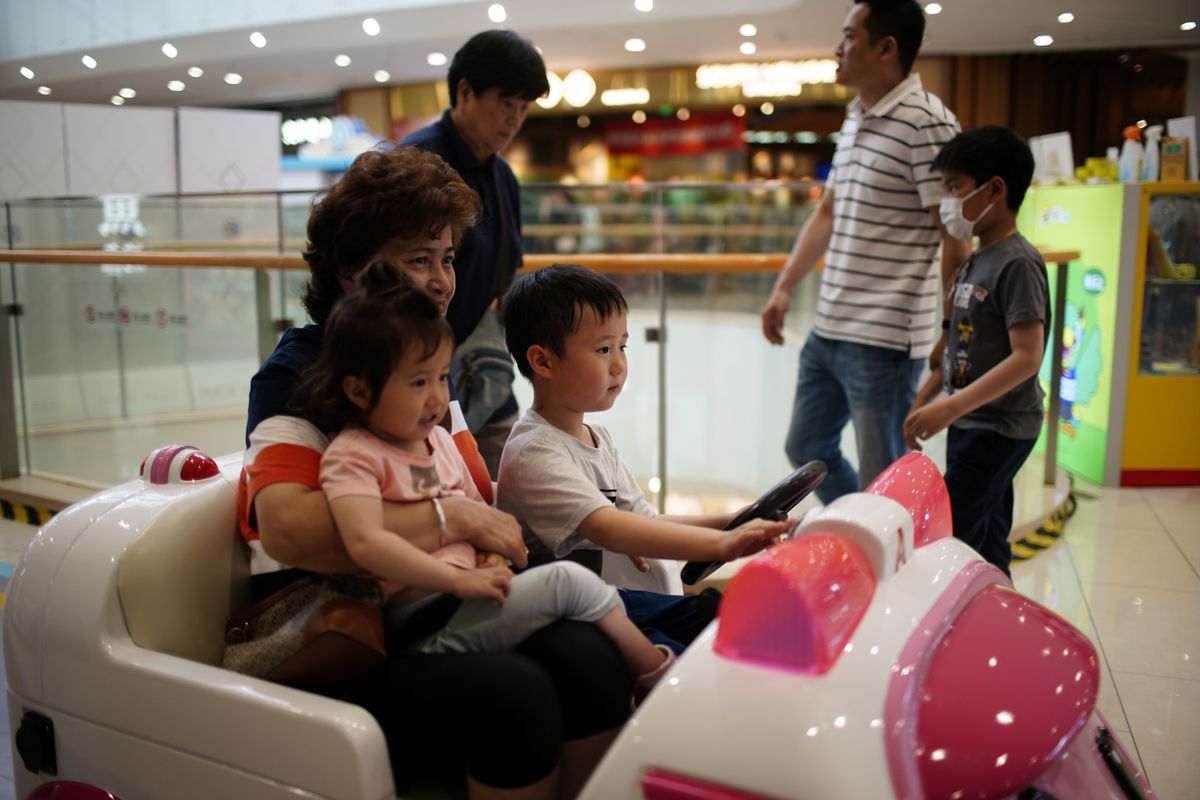China is trying to boost its fertility rate by extending spring break
China’s fertility rate is taking a nosedive.

A few minutes every morning is all you need.
Stay up to date on the world's Headlines and Human Stories. It's fun, it's factual, it's fluff-free.
China’s fertility rate is taking a nosedive. Just this year, it was passed up as the most populated country in the world by India. This demographic problem is largely because of the one-child policy that was in place from 1980 to 2015. The UN estimates that China will go from 2022’s 1.426 billion to 1.313 billion by 2050. In 2022, the country’s fertility rate was estimated to be 1.18 children per woman. Most countries aim for at least 2.1 children for each woman, which is known as the “replacement rate.”
According to Xiujian Peng, senior research fellow at the Centre of Policy Studies at Victoria University: "You cannot change the declining trend. But without any fertility encouragement policy then fertility will decline even further."
There are a few proposals to bring those numbers up. CPPCC member Jiang Shengnan suggested that young people shouldn’t work more than eight hours a day so that they have time to fall in love and build families. Another is to give incentives for the first child so that couples will have at least one kid. And some Chinese provinces have started giving young newlyweds 30 days of paid leave to try to encourage marriage and get that fertility rate up.
Here’s the latest strategy: make spring break longer to get college students to fall in love. Nine different vocational colleges in China are offering their students an extended spring break so they can put themselves out there and couple up. While the schools have been giving their students and staff a regular spring break since 2019, this year’s has the theme of “enjoy the blossoms, go fall in love.” The week-long break expands on China’s national holiday for the Qingming Festival.
"The school implements the spring break system in the hope that students can learn to love nature, love life, and enjoy love," said Liang Guohui, deputy dean of the Mianyang Aviation Vocational College.
The extra days off won’t cut into study times, though. Students will still be expected to complete assignments like travel logs over the break.
The schools haven’t directly confirmed that this new spring break system is related to the population problem, but many on Chinese social media have been speculating that this is all part of the plan to boost fertility rates.




Comments ()